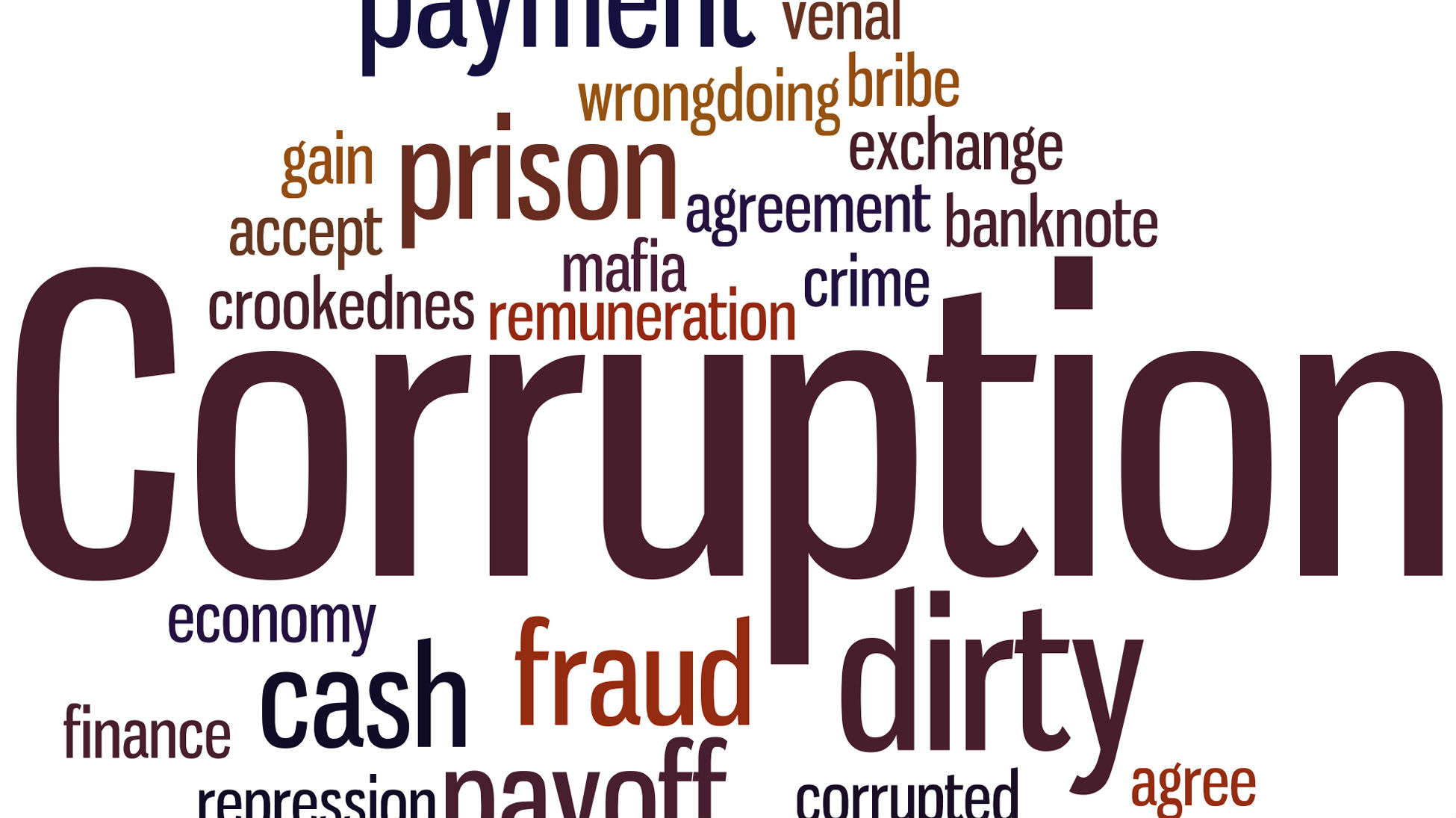News
Corruption worse now than it was in 2015, says ex-VP


Former vice president, Alhaji Atiku Abubakar has said that he would not have been contesting the presidential election, if Nigeria was working.
He said he was sad because of the large number of unemployed youths in the country.
Atiku spoke after submitting his forms to the National Organising Secretary of the PDP, Col. Austin Akobundu (retd.).
He said, “I have just submitted my nomination form to the Peoples Democratic Party to officially declare my intention to seek the nomination of the party to run for the office of the President of the Federal Republic of Nigeria in the election scheduled for 2019.
“This is a sober moment for me. Today marks the beginning of my journey, our journey together, to get Nigeria working again.
“I would not be seeking this nomination if our country is working. I am very sad that 11 million Nigerians have become unemployed since May 29, 2015.
“And this does not include the millions more who never had a job since leaving school. I have created thousands of jobs in my private businesses and I know how to lead a government that would do the same for Nigeria.
“It weighs deeply on my heart that Nigeria has become the world headquarters for extreme poverty according to the World Economic Forum and the World Poverty Clock.
“I am not happy that there are so much killings and terror across the country that the Global Terrorism Index rates Nigeria as more terrorised today than she was in 2015.”
He said he was not happy that Nigeria “is perceived to be more corrupt today than it was in 2015, having moved 12 steps backwards from 136 in 2014 to 148 today, in the Transparency International’s Corruption Perceptions Index.”
While saying that 136 was bad enough, he added that 148 was simply unacceptable and shameful, especially under a government that claimed to be fighting corruption.
Atiku also condemned the violent incident, which he said was perpetrated by trouble-makers at the headquarters of the party.
In a statement in Abuja, the presidential aspirant stated that it was uncalled for and undemocratic for any group of individuals to turn an otherwise happy political event into a fracas that threatened the lives and well-being of party supporters who were at the event by choice to support their candidate and party.
The Waziri Adamawa also called on supporters of all political parties to show maturity and allow the democratic process to proceed unhindered in the interest of the parties and aspirants as well as the nation.
He urged his supporters to show restraint even in the face of provocation.
Atiku praised the police and other security personnel for containing the situation and protecting innocent and law-abiding supporters at the venue.
He advised that Nigerians should always allow peace to reign in “order for our leadership selection process to be reliable and credible.”
The former vice-president said he was optimistic that with the neutral and effective conduct by the police, “there is hope that Nigeria would get the 2019 elections right to the satisfaction of all Nigerians.”
-



 News4 days ago
News4 days ago‘You escape, or you die’: African men say Russia duped them into fighting in Ukraine
-



 Hospitality2 days ago
Hospitality2 days agoThe Nature Conservancy and FSC Africa Sign Strategic Partnership to Strengthen Sustainable Forest Management Across Africa
-



 Transport2 days ago
Transport2 days agoAkin Fadeyi Foundation unveils new advocacy campaign to curb road accidents
-



 Energy2 days ago
Energy2 days agoPayment Security Remains Biggest Barrier to Bankable Gas and Power Projects — FirstCap MD






